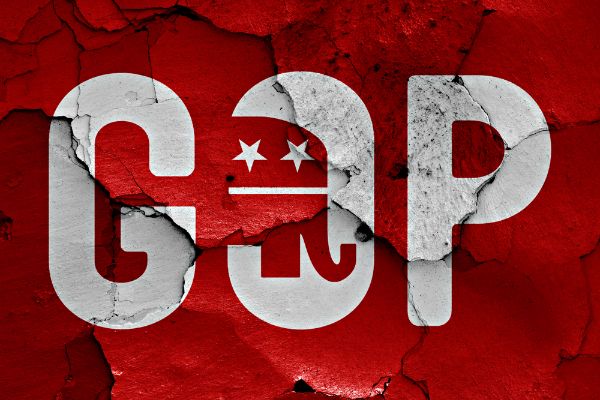Jamie Dimon, JPMorgan CEO is concerned that the West’s move to get Russia out of the SWIFT global payments processing system might have some “unintended consequences”, including possibly hurting some economies throughout the world.
Dimon, during an interview, told some investors that they should strap in because the volatility in financial markets is probably here to stay, after a calm year in 2021 that saw US stocks consistently hitting record highs.
After Russia invaded Ukraine, the United States and its allies have started to cut certain Russian banks out of SWIFT, a messaging system that processes large amounts of financial transfers around the globe.
Analysts have stated the move is a big blow for Russia’s economy. Russia’s currency has crashed to a record low this week after the sanctions had been announced during the weekend, while the nation’s stock market is still shut down after an effort to limit the drops in asset values.
However, Dimon said the sanctions have brought up “a whole bunch of problems” that Western governments should work through.
“I think some people are more concerned about the unintended consequences of this — what nations you hurt, how you fix that.”
Some analysts have said China might benefit from doing the SWIFT ban, by stepping in with a payment messaging system of its own and gaining even more power in global finance sector.
Dimon said that he believes the recent increase in volatility in financial markets will be sticking around. As for the reasons, the JPMorgan CEO has noted the war in Ukraine is ongoing as the Federal Reserve is about to withdraw the support for the economy, and as politics in the United States is increasingly deadlocked.
Investors will need to get used to this, he says. “You will inevitably have much more market volatility, both from the reversal of QE and the lack of bipartisanship.”
He added that the markets have been already “kind of high.”
QE is referring to quantitative easing, the Fed’s policy of injecting money into the markets by purchasing bonds.
When asked about high inflation, which hasn’t been this in 40 years, Dimon said that the United States had probably done “too much quantitative easing and fiscal stimulus.”
He said the Fed can raise interest rates over seven times as it attempts to cool the red-hot price increases.




Comments are closed.